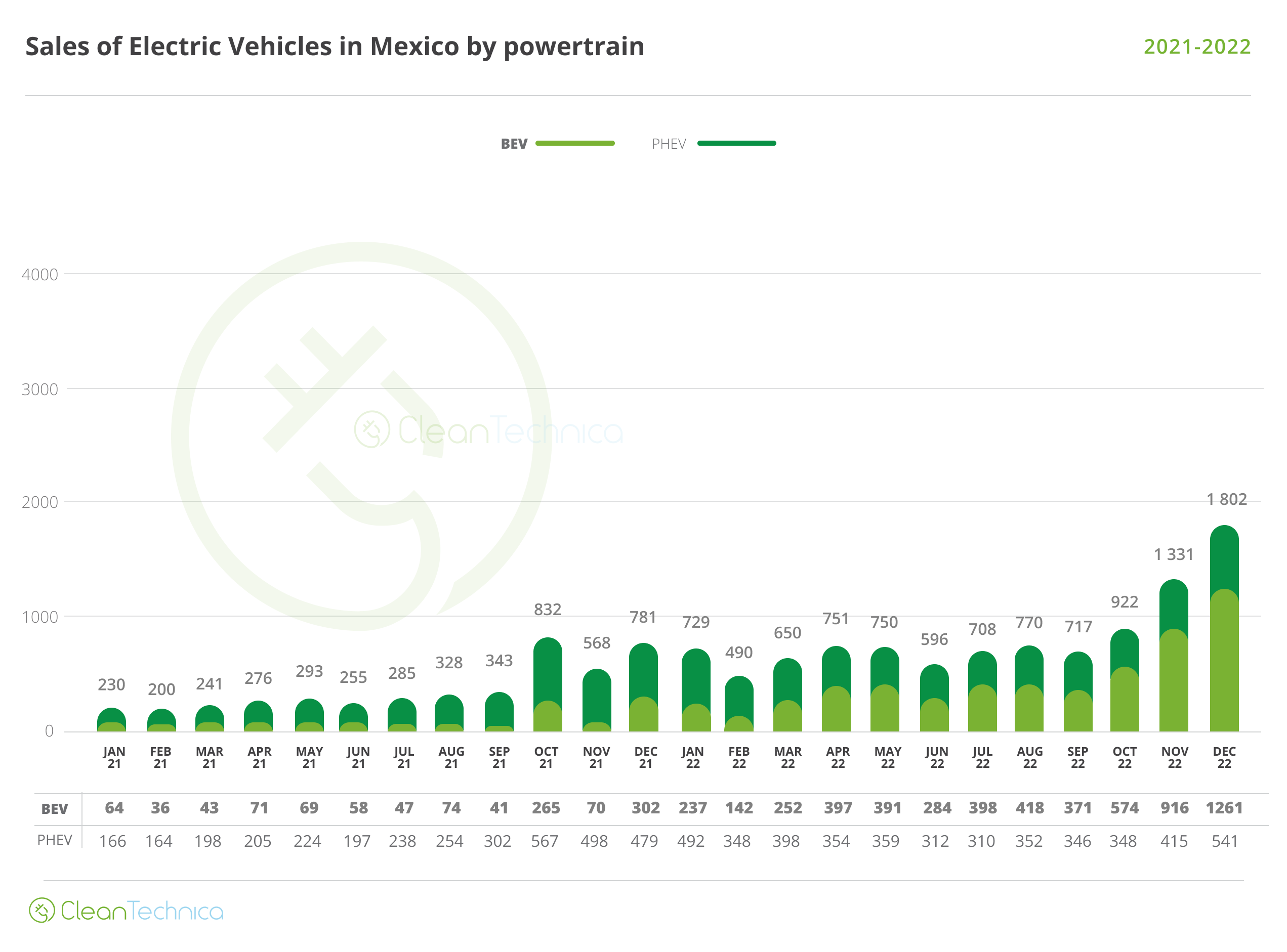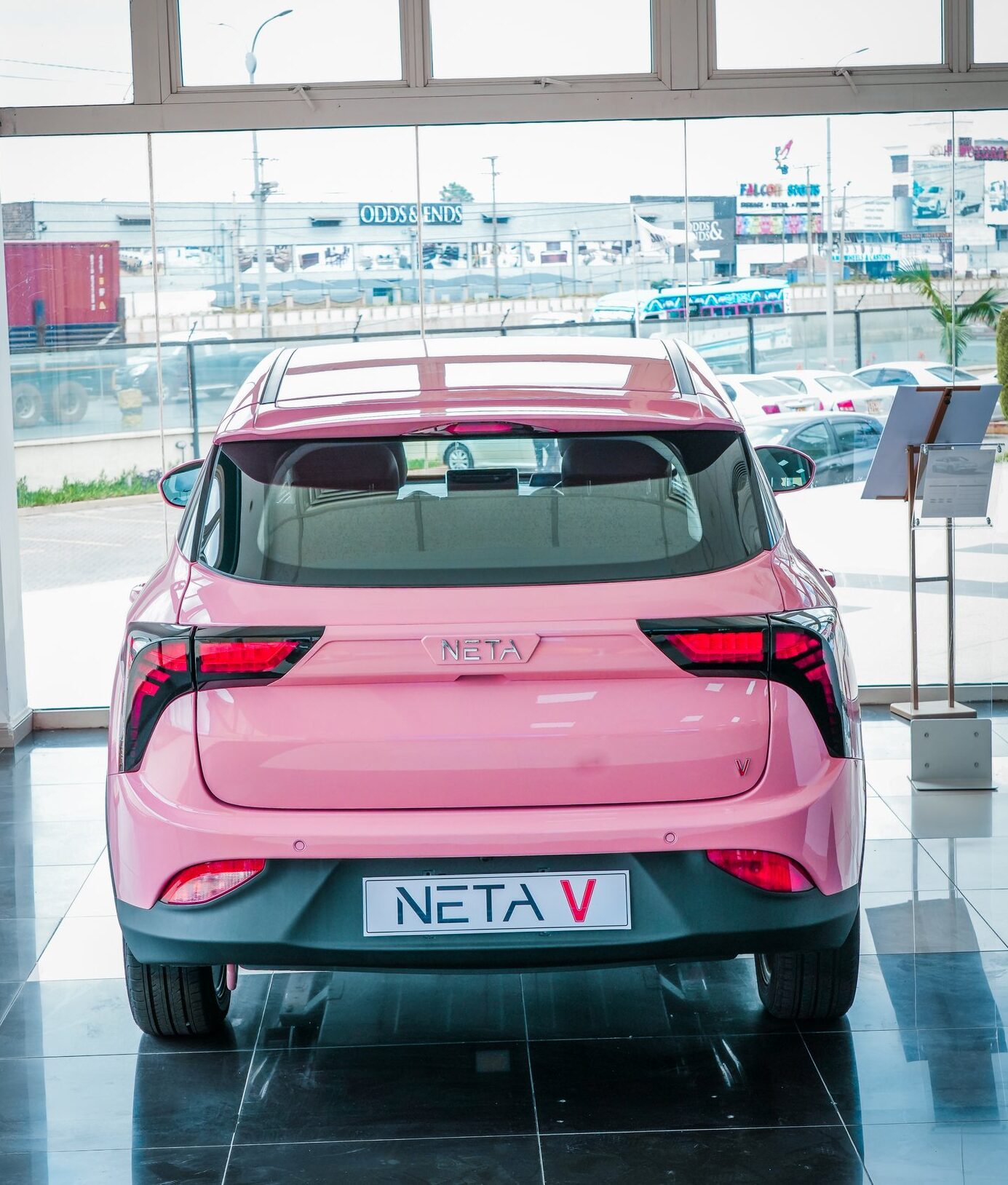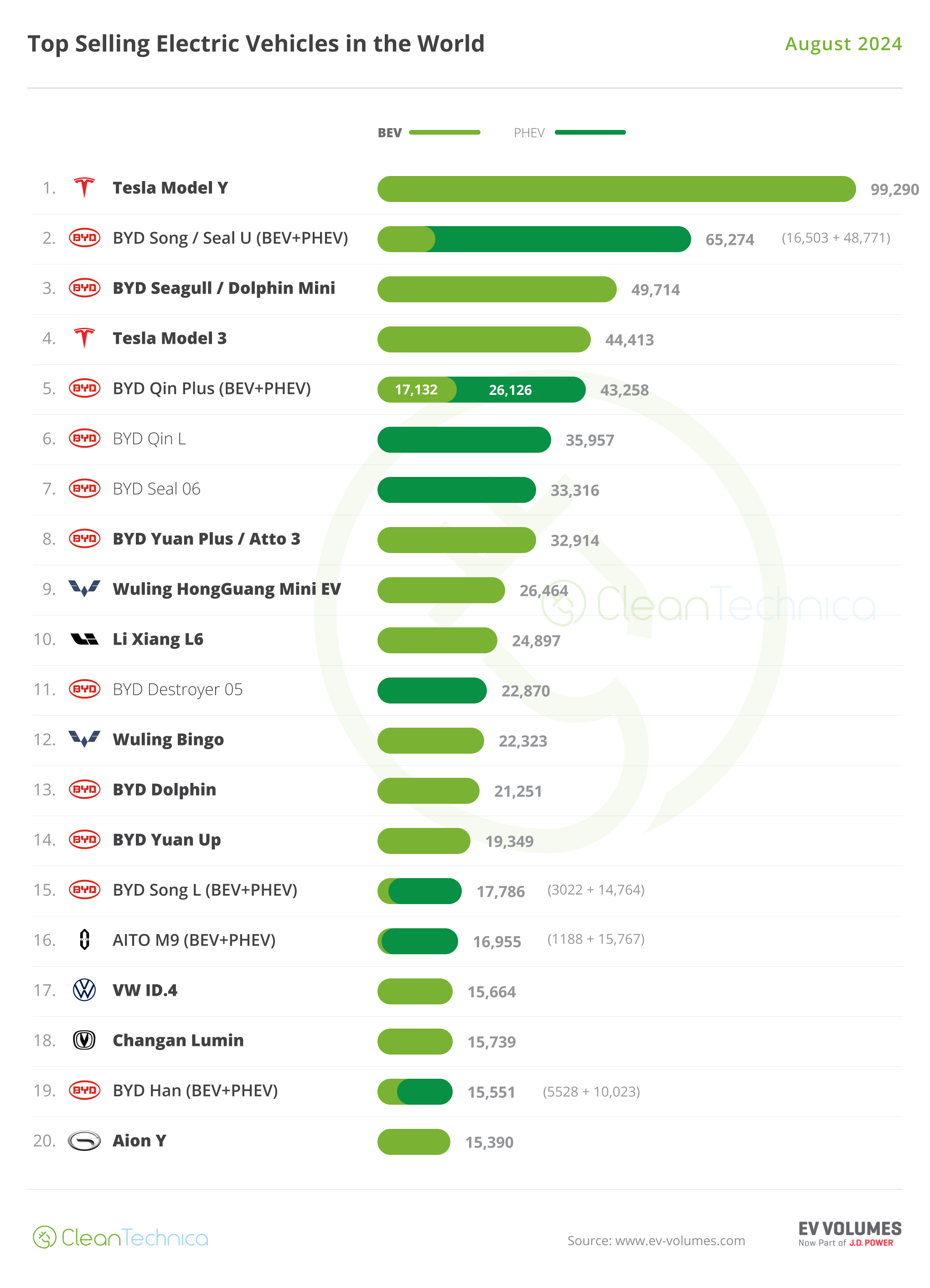SEOUL, South Korea–(BUSINESS WIRE)–#24ChannelBatteryDiagnosisIC—Autosilicon Inc. has launched 24-channel Battery Diagnosis IC (BDIC) in January for high-capacity battery cells in Electric Vehicle (xEV) and Energy Storage System (ESS), following the release of 14-channel BDIC last year.
Autosilicon’s BDIC improves the operating current, measurement accuracy, and volume compared to Electro-Impedance Spectroscopy (EIS) equipment, replacing multiple devices with a single chip. It allows the measurement of AC impedance in up to 24 battery cells and is expandable to battery module and pack.
In the recent xEV and ESS industry, a notable increase in claims due to battery defects has been observed. However, accurate analysis faces challenges due to the high costs and time-consuming disassembly of battery packs, as well as technical limitations in identifying defect causes.
The integration of BDIC into the Battery Management System (BMS) enables online monitoring of battery AC impedance information, allowing continuous tracking of status of all shipped battery cells and online analysis of accumulated battery data. Furthermore, BDIC aids in battery defect analysis, expanding to the examination of specific substances within the battery. With EIS technology, new standards will be set for the accurate detection of defective batteries. Additionally, AC impedance measurement in hydrogen fuel cell enables the assessment and diagnosis of the internal condition, supporting cost-effective repairs and replacements of fuel cell battery stacks.
From 2026, certain US states will enforce regulations requiring electric vehicle manufacturers to monitor and ensure the State of Health (SoH) of their batteries. EU plans to introduce a battery passport system in 2027 for managing battery information, electrochemical performance, durability, and SoH.
In response, Autosilicon is adopting EIS technology to gather more internal state data from battery cells. It has also developed an algorithm and software to measure the internal temperature of every individual cell using BDIC which was challenging to achieve with the conventional NTC temperature sensor. The release of BDIC enables online integration to the system, building Cloud BMS, and efficient battery management throughout the entire lifecycle for various purposes.
Autosilicon’s 24-channel BDIC is being promoted to domestic and foreign xEV/ESS customers and battery cell manufacturers. Mass production is scheduled to begin in June 2024.
Contacts
Choi Heejoo
+82-42-488-8039







